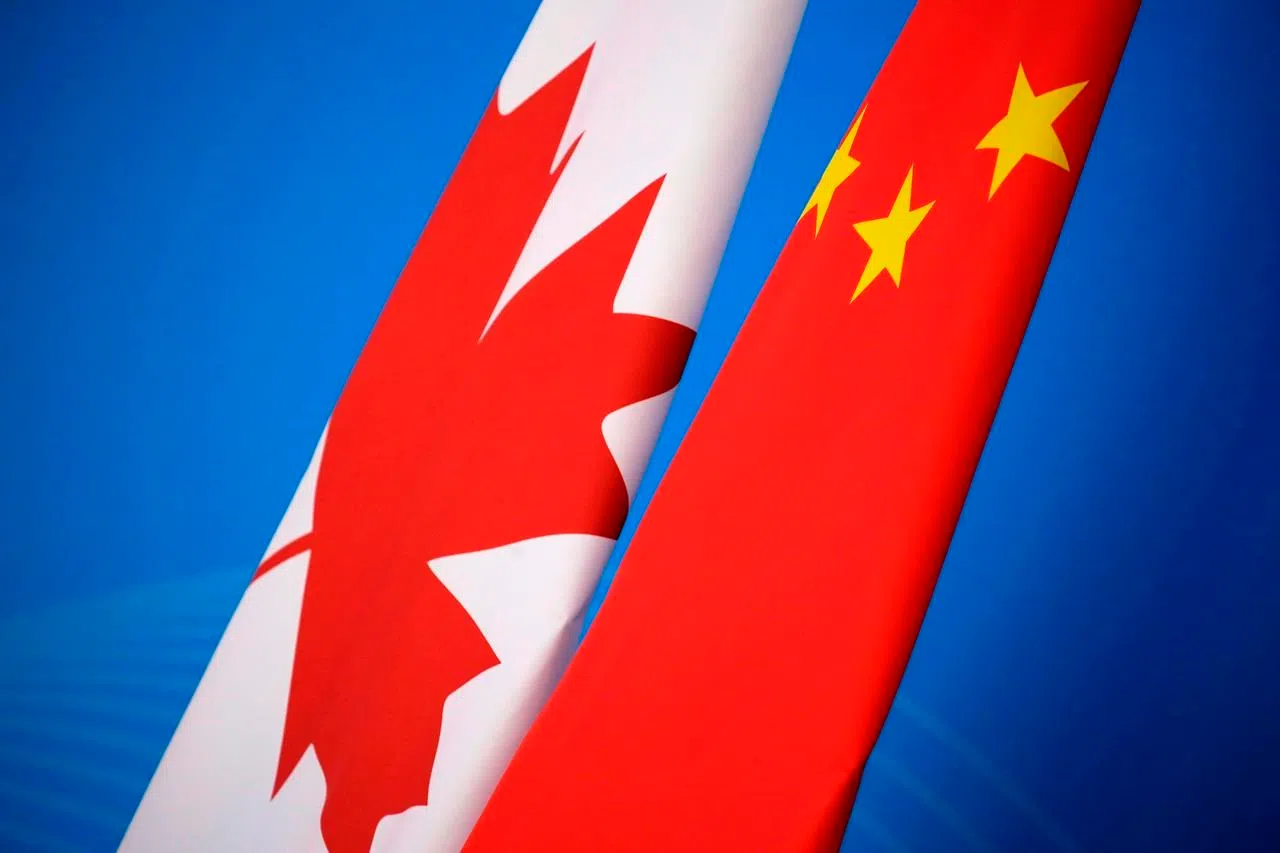
Analysis: China pulling out all stops in Canada tensions
BEIJING — Chinese President Xi Jinping’s government is sparing no expense to its international reputation in its determination to force Canada to back down over the case of a Chinese telecommunications executive it detained last month.
While Beijing formally denies any connection, the arrest of two Canadians on vague national security charges and the re-sentencing of a convicted Canadian drug smuggler to death on Monday point to a determined campaign of intimidation and retribution.
And while global perceptions of China’s adherence to free trade and rule of law may take a beating, for Xi and other highly nationalistic Communist leaders, the stakes are simply too high.
“The Chinese will stop at nothing because it’s a huge loss of face, for both the Chinese government and Xi Jinping in particular,” said Willy Lam, an expert on Chinese politics at the Chinese University of Hong Kong.


